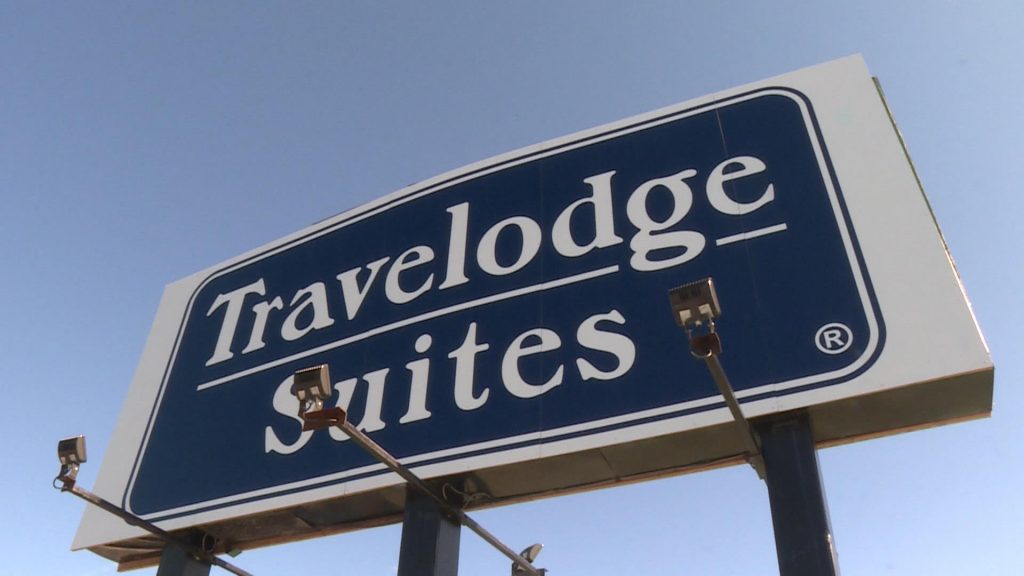The health minister of Alberta says the right procedures were followed when a stroke patient was sent to a motel for his long-term recovery, even though his wheelchair didn't fit and he was given fast food.
“I was very concerned when I heard about this situation and I did talk to Alberta Health Services,” Adriana LaGrange told the house Monday in response to questions from the Opposition NDP.
She said that all the discharge processes were followed and that 500 patients are successfully discharged daily.
“This individual was discharged to a non-profit organization that chose that particular site.”
LaGrange added that 500 patients are successfully discharged daily.
Rachel Notley, the NDP Leader, asked why LaGrange doesn't see 'highway health care and motel medicine' as a failure of her job.
The NDP critic for community care and homecare, Lori Sigurdson asked if the premier will apologize to the patient for the shameful treatment.
A CBC report detailed how a man paralyzed on his left side after a stroke, who uses a wheelchair, was moved to a Travelodge motel in Leduc without being consulted.
The patient, Blair Canniff, could not be reached for comment.
The CBC reported that Canniff, 62, had been a patient at the Royal Alexandra Hospital in Edmonton for about six months, when a social worker told him he was being moved.
He said he was not given a choice of where to go.
Canniff expected to be moved into a long-term care facility, and when his taxi pulled up at the motel he thought it was “sort of a joke.”
His wife, Myna Manniapik, told CBC that Canniff had difficulty using the bathroom and getting into bed because the motel room was not set up for wheelchair users.
She also said he was given fast food and his hygiene was not managed.
Canniff told CBC that Contentment Social Services was running the program in the motel.
The not-for-profit Contentment, based in Edmonton, says it invests in communities through education, vocational training, partnerships, employment assistance, housing referrals, financial management, women empowerment, and care for seniors, the disabled, and respite.
The not-for-profit says its work includes employment assistance, housing referrals, financial management, “women empowerment” as well as senior, disability and respite care.
Contentment did not respond to a request for comment from The Canadian Press.
Canniff has been taken back to the hospital and does not know the next step.
The Canadian Press asked Alberta Health Services about the use of motels for such cases and how they ensure quality of care and meals, as well as accommodation accessibility.
AHS spokeswoman Kristi Bland said it’s important to use hospital beds for patients with acute care needs, and planning starts when a patient is admitted.
Bland said care teams work with patients and their families to determine the best place to go when they no longer need acute care.
“According to Bland, different options for leaving the hospital are considered based on the individual's care needs at the time of discharge, including their ability to live independently and to meet relevant housing criteria,
She explained that AHS assists patients in connecting with community non-profits if they require housing support after leaving acute care.



